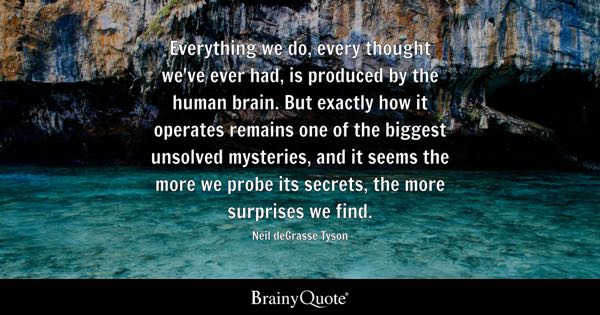HAPPINESS
Deep contentment and joy are felt when our desires, needs, and values are fulfilled, leading to happiness and a sense of well-being and satisfaction with life.

Humans feel happy when they experience a combination of positive emotions such as joy, contentment, and satisfaction. This emotional state typically arises when their desires, needs, or goals are fulfilled, and they perceive their life circumstances positively. Happiness is often characterized by a sense of well-being and can be influenced by factors like personal relationships, achievements, and overall life satisfaction. It’s a subjective experience that varies from person to person based on their individual values, beliefs, and experiences.
https://youtu.be/A3svaOilIis?si=W9BoiVkwrPbHya2B
Scienctific facts

Happiness, from a scientific perspective, involves a complex interplay of biological, psychological, and social factors that contribute to an individual’s sense of well-being and contentment. Here are some scientific explanations and examples:
Neurochemical Basis
Happiness is associated with the release of neurotransmitters such as dopamine, serotonin, and endorphins in the brain. These chemicals play crucial roles in regulating mood and pleasure. For example, dopamine is released when we achieve goals or experience rewards, contributing to feelings of happiness and satisfaction. Serotonin helps regulate mood, appetite, and sleep, influencing overall emotional balance and well-being.
more information https://yubloger.com/
Evolutionary Perspective
Evolutionarily, happiness serves adaptive purposes. Positive emotions like happiness can signal that our needs are being met and motivate behaviors that contribute to survival and reproductive success. For instance, finding pleasure in social interactions and bonding with others enhances cooperation and strengthens social bonds, which are essential for human communities.
https://youtu.be/SlTZUftCasA?si=uVPSDKIV0fWefrvY
Psychological Factors
Happiness is influenced by psychological factors such as mindset, resilience, and personal outlook. Individuals who practice gratitude, cultivate positive relationships, and engage in activities that align with their values tend to report higher levels of happiness. For example, research shows that individuals who regularly practice mindfulness meditation often experience increased levels of happiness due to improved emotional regulation and stress reduction.
Social Influences
Happiness can be contagious and influenced by social dynamics. Social relationships and interactions with others play a significant role in determining happiness levels. For instance, studies have shown that people tend to be happier when they feel connected to their communities and have strong social support networks. Acts of kindness and altruism also contribute to happiness by fostering positive emotions and enhancing social bonds
https://youtu.be/ldPuBk7a9V4?si=LWHFtCHoMZg5S5fO
Is it good to be happy always?
While bliss is for the most part viewed as a positive close to home state, intending to be content “consistently” can have nuanced suggestions:

Realism and Profound Range
It’s regular and beneficial to encounter a scope of feelings, including trouble, outrage, and disappointment, close by satisfaction. Embracing this close to home variety considers a more adjusted and credible experience of life. Continually endeavoring to be content might prompt ridiculous assumptions and disappointment when inescapable difficulties emerge.
Growth and Resilience
Troublesome encounters and feelings frequently give open doors to self-awareness, flexibility, and learning. They can assist us with creating survival techniques, extend how we might interpret ourselves as well as other people, and encourage compassion.
Context and Meaning
Bliss can be more significant and appreciated when diverged from snapshots of challenge or misfortune. It’s through beating troubles that we frequently gain a more profound feeling of fulfillment and achievement.
Social Dynamics
Continually projecting joy can influence social elements. It might incidentally segregate people from certified associations or obstruct open correspondence about shared battles and weaknesses.
Psychological Well-being
Seeking after a fair close to home express that incorporates satisfaction, acknowledgment, and reason might offer more to in general mental prosperity than taking a stab at consistent joy alone.
Basically, while joy is alluring, it’s beneficial to recognize and acknowledge a range of feelings. Taking a stab at a maintainable condition of prosperity that integrates flexibility, development, and significant associations can prompt a more extravagant and really satisfying valuable experience.

No Responses